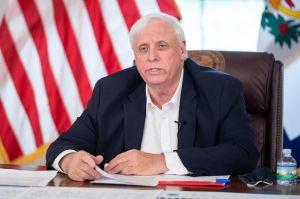5 facts about Syria’s Islamist rebel group HTS and its leader Abu Mohammad al-Jolani
1. Jolani founded HTS after breaking away from al-Qaeda
Jolani established HTS after severing ties with al-Qaeda in 2016. This rebranding marked a strategic shift as Jolani distanced his group, formerly known as Jabhat al-Nusra, from transnational jihadist goals, according to PBS Frontline.
Jolani’s trajectory as a militant began in Iraq, where he rose through the ranks of the Islamic State of Iraq (ISI) before founding Jabhat al-Nusra in Syria with the support of ISI’s successor, IS.
In its early years, Jabhat al-Nusra pledged allegiance to al-Qaeda, aligning with its global jihadist ideology. However, Jolani’s decision to cut ties with al-Qaeda was seen as an effort to gain broader legitimacy, according to Middle East Eye.
This transition culminated in the formation of HTS in 2017, incorporating various Syrian opposition groups under a nationalist and ultraconservative Islamist framework.
Jolani’s shift has garnered mixed reactions among experts and diplomats.
James Jeffrey, a former U.S. envoy, suggested that Jolani might represent a “least bad option” in Idlib, according to Frontline. Yet, critics remain skeptical of HTS’ intentions, pointing to its authoritarian governance model and enduring Salafi principles.





























